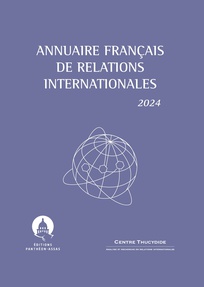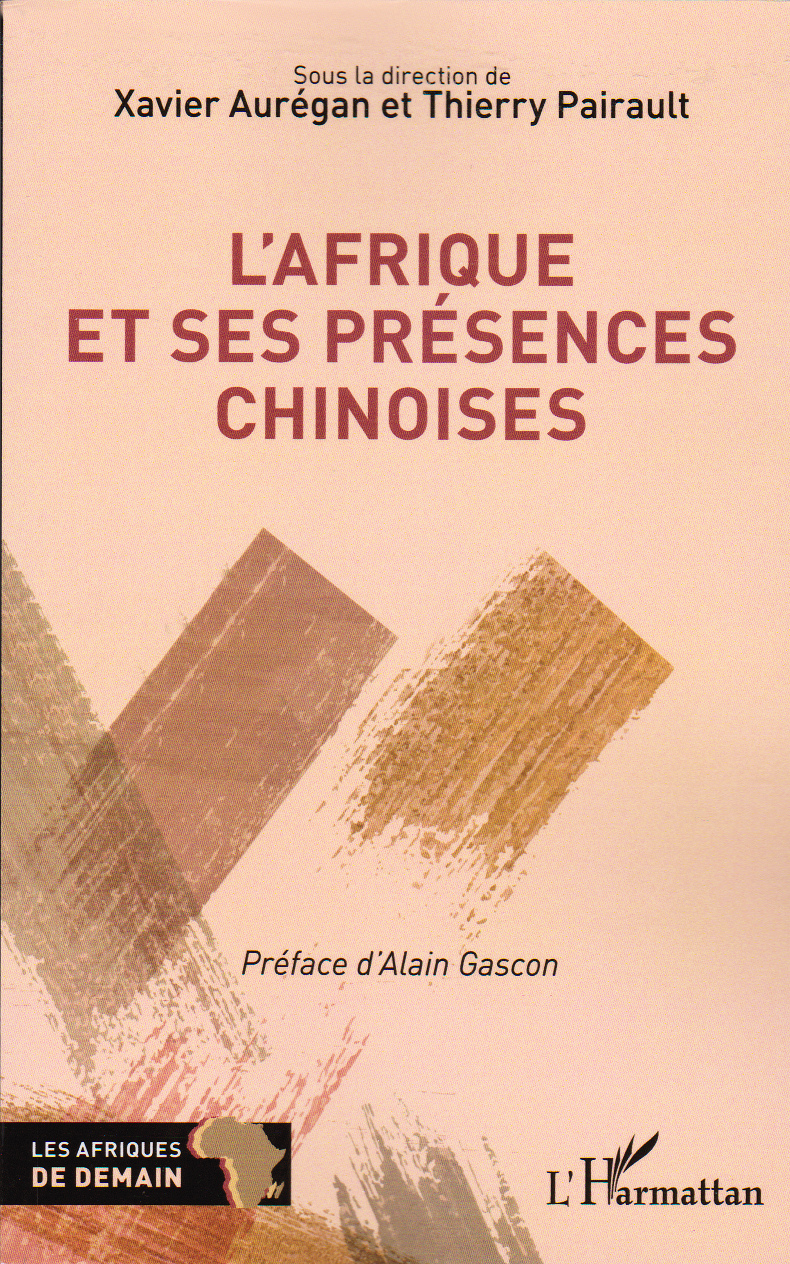Into Africa: China’s global security shift
Mathieu Duchâtel & Richard Gowan & Manuel Lafont Rapnouil
ECFR, 14 juin 2016
Abstract :
China is taking on a new military role in Africa, seeking to boost its image as a great power that promotes peace and security worldwide. Europe should seize the chance for cooperation, but call Beijing out if it fuels conflict or abuses.
“Into Africa: China’s global security shift” argues that, after decades of hiding behind the rhetoric of non-interference, China has undergone a paradigm shift in its thinking. This is spurred by two motives: the wish to build its reputation as a good global citizen, and the wish to protect its interests on the continent – both investments and the lives of the over 1 million Chinese nationals based there.
In recent years, China has sent combat forces on peacekeeping missions to risky environments such as South Sudan and Mali for the first time. It has begun work on its first overseas naval base, and stepped up to combat terrorism, supporting the fight against Boko Haram and Al Shabaab.
Some are cynical about its motives. Peacekeeping can be used to gather intelligence on foreign forces, guard Chinese energy installations, or gain field experience for the military. Beijing’s “no strings attached” approach to arms sales and military aid can undermines European values of democracy and human rights on the continent. Meanwhile, there are shortcomings in the performance of Chinese peacekeepers – some do little to win hearts and minds and seldom leave their bases.
Despite these concerns, Chinese security engagement in Africa is an opportunity for Europe. Its countries increasingly see peacekeeping missions as a way to address the drivers of terror and mass migration on the continent, and China could be a key partner in this.
Europe should work more closely with China on African security, coordinating support to bodies like the African Union, and building consensus on key principles of military assistance – such as civilian oversight, respect for human rights, and transparency in arms transfers. It should not hesitate to challenge Beijing in international forums when Chinese actions on the continent promote conflict, competition for resources, or corruption.
Lire à http://www.ecfr.eu/publications/... ![]()
Commentaire de Solange Chatelard :












